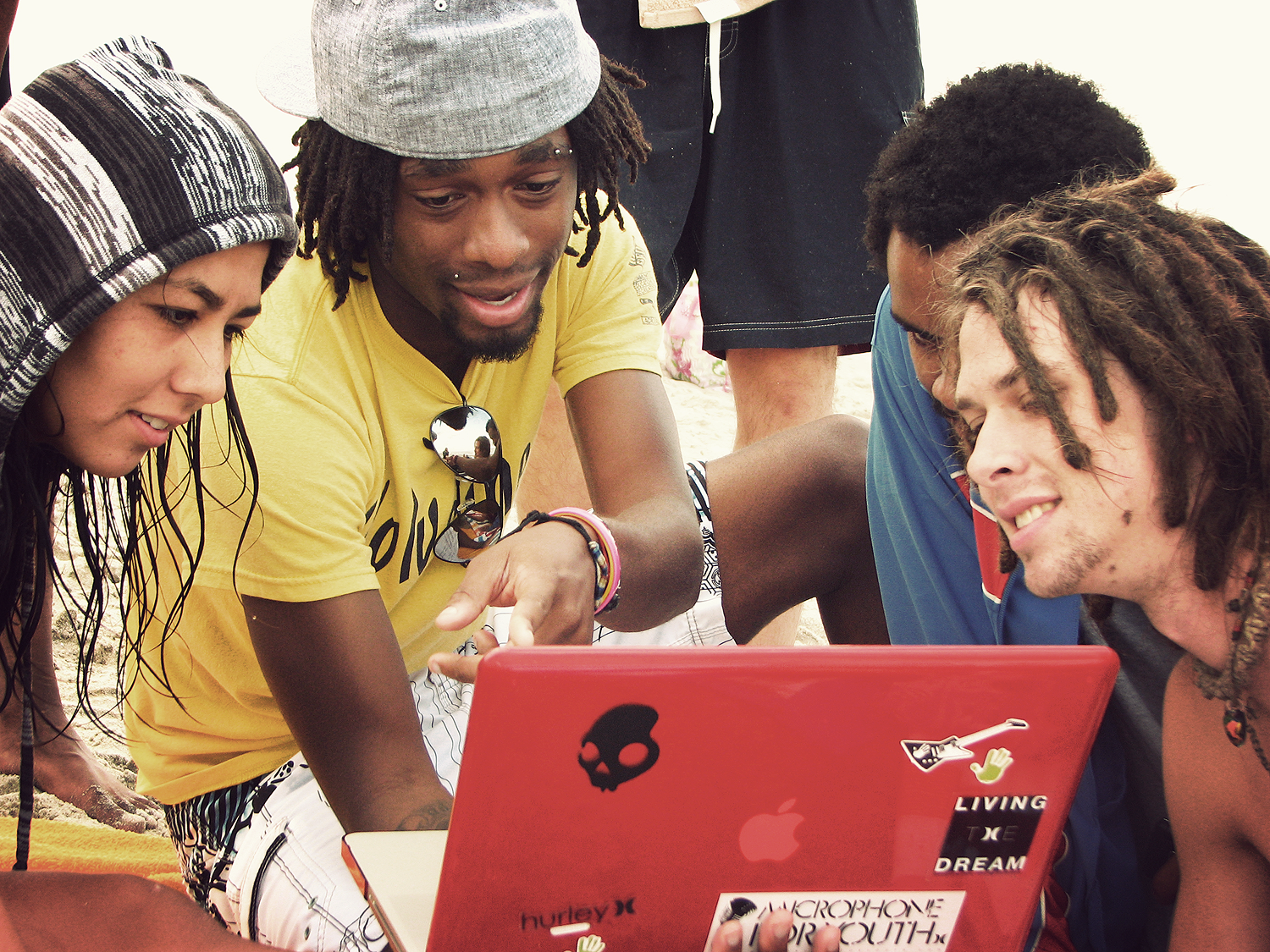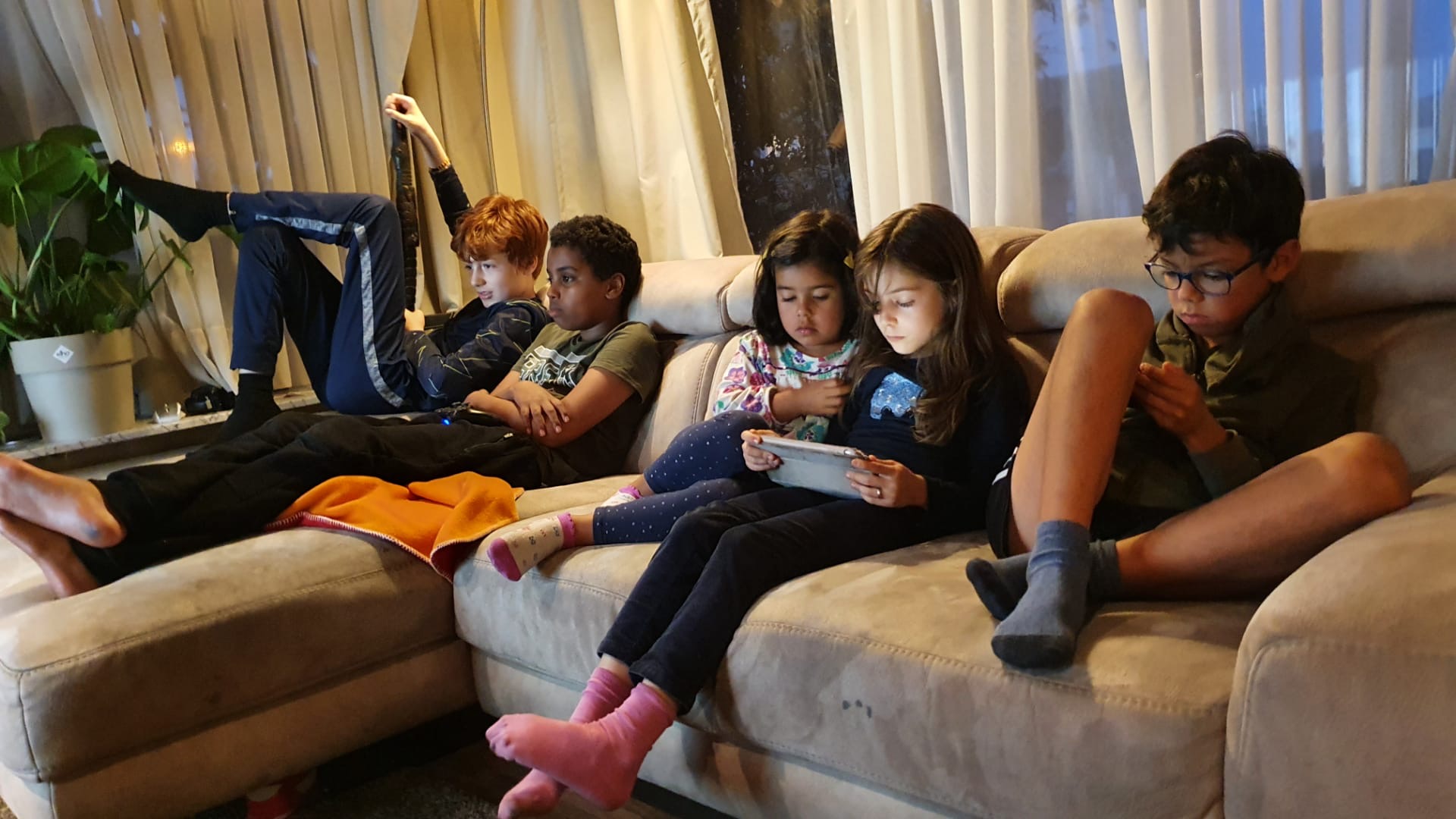For many who had worked for years in the field of media literacy, it seemed a triumph that the 2003 Communications Act required Ofcom to promote media literacy. It had become clear that in a fast changing world where media matters more than ever, users no longer rely on gatekeepers, and there is an urgent need to skill up. Immediately, a debate was sparked – what is media literacy, how can it be promoted, how can it be measured, and what is the value of media literacy? But, since the Coalition Government came to power last year, it seems that everything has gone quiet. For our answers to these questions, see the dossier on media literacy and the Communications Act, 2003.
Ofcom is scaling back its activities in this area, the ambitions sketched out in the Digital Britain Report have been quietly dropped, and attention is returning to the more prosaic though still important task of getting the British public online in the first place, with fewer questions asked about what they will do, or know, or misunderstand once they are online.
To find out what the Government plans, I wrote to Secretary of State Jeremy Hunt in January and I received this reply in March. He says,
“I can assure you that the Government remains fully committed to the ongoing development and promotion of media literacy in the UK.”
But then he points to the need for economic cuts, resulting in “a phased reduction in our support for Ofcom’s media literacy work.”
In our recent expert seminar, concerns were expressed that efforts to enhance critical, creative and participatory literacies will wane. Hunt’s letter certainly gives these crucial elements of media literacy little weight, instead noting that current policies do incorporate some degree of media literacy skills in the school curriculum (although whether and how this is done is left up to schools) and enhance child safety protections via the UK Council for Child Internet Safety and the Bailey Review. Except in relation to such specific activities as vocational education and the work of the BBC, he does not show how media literacy is to be enhanced among the adult population. But adults as well as children, surely, are grappling – with more or less success – with our complex and fast-changing media environment.
In our forthcoming work, we will examine why this matters, who is getting left behind, and what we think should happen next.






I could’t agree more with Sonia. I recently did some research for an Ofcom consultation on their Draft Annual Plan for 2011/2012. And one of the issues that struck me was the absence of a clear tangible commitment to the vital issue of media literacy. The proposed priorities fundamentally assumed that consumers will automatically benefit from the various priority areas regarding the communication market. An example in point is the priority that commits Ofcom to
• Help communications markets work for consumers
This strategic purpose I contend is inadequate because it begs a number of obvious questions, which are: what happens after Ofcom has successfully helped communications markets to work for consumers? Are we to assume that once communications markets work for consumers, these consumers are in a position to take automatic advantage of the work and hence benefit from it?
The answers to these questions I believe are obvious. Some media literacy is palpably needed to ensure that these priorities truly benefit the consumers Ofcom is mandated to serve and protect. Yet, its Draft Annual Plan only includes a mere simple paragraph that vaguely, in the fashion of a typical lip service, says we will promote media literacy without saying in any tangible way how that will be done. No prejudice to its 2004 Media literacy commitment following the 2003 Communications Act.